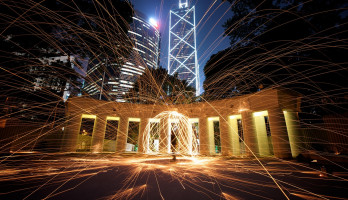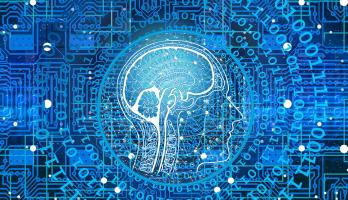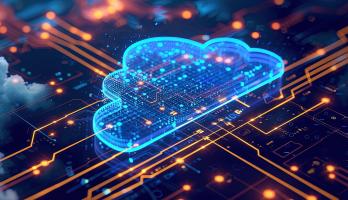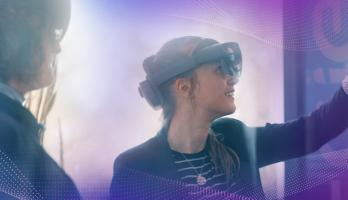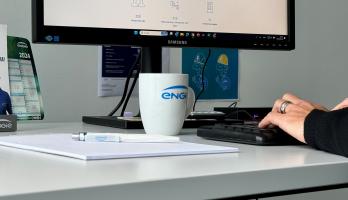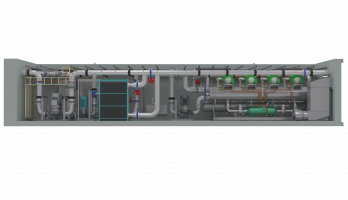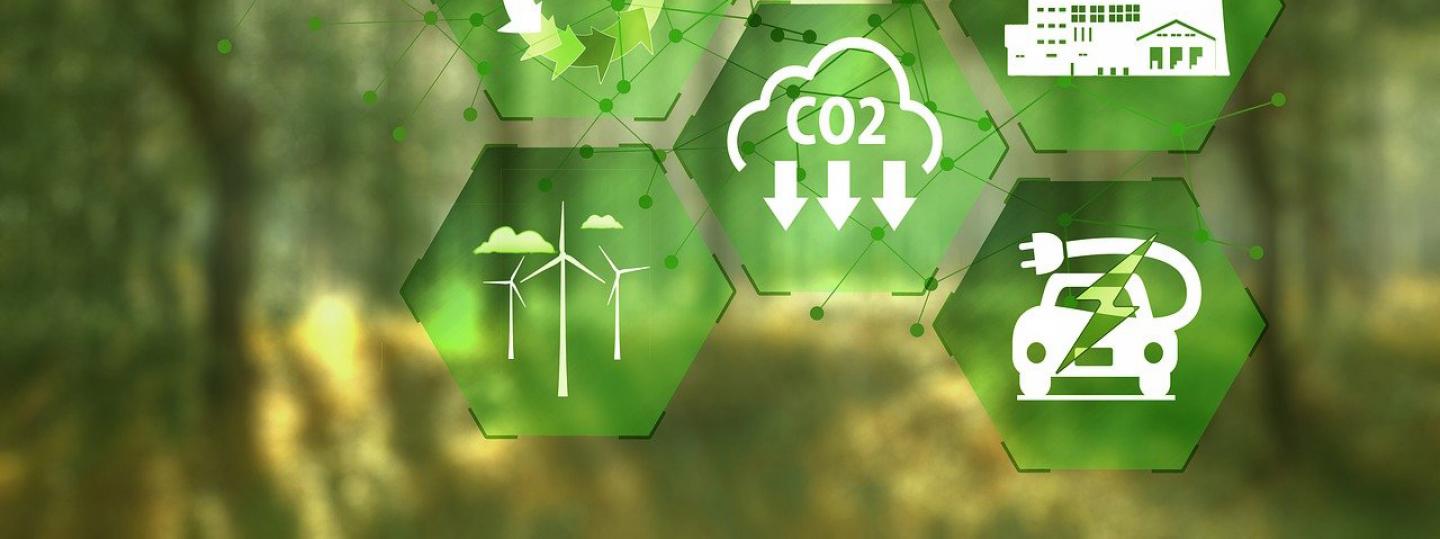
Ready for the green cooling and heating future: Mastering decarbonisation with ENGIE Refrigeration
Decarbonisation is the great challenge of our time - and it is a challenge for companies in all sectors of the economy. How can energy consumption and CO2 emissions in the cooling and heating sector be reduced? ENGIE Refrigeration is a specialist in the decarbonisation of the industry: In this interview, Jochen Hornung, CEO of ENGIE Refrigeration, explains how our company is supporting users on this challenging path with targeted solutions for cooling and heating.
The buzzword "decarbonisation" is playing an increasingly important role in the economy. How is ENGIE Refrigeration positioning itself in this environment?
Jochen Hornung: Burning zero carbon and releasing zero CO2 - that is the goal of decarbonisation. This is exactly what we at ENGIE Refrigeration have been working for many years to achieve: We are pioneers in climate-neutral cooling and heating technology in the B2B sector. With our portfolio, we stand for the efficient decarbonisation of the cooling and heating market. Our product portfolio for cooling and heating is characterised by high efficiency and therefore a low demand for primary energy. For example, the QUANTUM Water chiller has the highest efficiency of all water-cooled chiller series on the market, while the QUANTUM Air series also impresses with its very high efficiency; a decisive advantage for users. These solutions allow us to offer approaches for climate-neutral cooling and heating and significantly support the decarbonisation of our customers in various industries.
You just mentioned that ENGIE Refrigeration is the pioneer for climate-neutral cooling and heating technology. Can you elaborate on this please?
At ENGIE Refrigeration, we stand for excellence in cooling and heating. For us, this strategic focus means driving forward decarbonisation and accompanying our customers into a climate-neutral future with high-quality, energy-efficient and sustainable chillers and heat pumps. In terms of technology, we are currently helping to shape both the cooling and heating sectors and are striving to expand our technological leadership. The excellent control and regulation technology that characterises our models, contributes significantly to this. Each chiller and heat pump, are set up in such a way that there ia an ideal match to the respective operating mode and integration into the cooling and/or heating system. As a result, users benefit in two ways: firstly, they achieve maximum energy efficiency with their systems at every specific operating point. Secondly, they achieve the best possible energy supply thanks to the renewable and volatile energy generators. This helps to minimise CO2emissions.
With which specific approaches is ENGIE Refrigeration contributing to the decarbonisation of cooling technology?
When designing our products, our development team always focuses on interlinking cooling and heating generation in such a way that the energy requirement (electricity) is optimally utilised. Heat recovery is a major issue here: it utilises waste heat in an environmentally friendly and economical way. This is why we have developed the "Green Heat Recovery" (GHR) feature for our QUANTUM Water, our QUANTUM Air and our SPECTRUM Water. The innovative GHR technology can provide a proportion or all of the waste heat from the cooling process as usable heat. It therefore replaces conventional, fossil-fuelled heating systems with a high CO2 footprint - and contributes to the decarbonisation of the cooling sector.
Decarbonisation and heat: how do they go together at ENGIE Refrigeration?
In short: optimal! This is because all our heat pumps are regenerative heat generators and therefore support the heat transition and the decarbonisation of the heating market in the B2B sector. In line with the new F-Gas Regulation, we also use natural refrigerants, including CO2 for our thermeco 2 high-temperature heat pump and ammonia for AMONUM. Both are environmentally friendly, as they make no additional contribution to the greenhouse effect and do not damage the ozone layer. This makes them a future-proof investment and contributes to the decarbonisation of heat generation - and is therefore supported by various funding programmes at the Federal Office of Economics and Export Control (BAfA). In our view, industrial heat pumps are an elementary building block for decarbonising the heat supply in industry.
Finally, we would be delighted if you could outline a current example of a decarbonisation project.
We are currently implementing numerous decarbonisation projects, for example for ten data centres of a German provider or for a large dairy in northern Germany. We are particularly proud of an order that we are realising for our parent company on the ENGIE eco-campus Paris. The 120,000 square metre site in La Garenne-Colombes reflects the ENGIE Group's strategic focus on driving forward decarbonisation and thus accelerating the transition to climate neutrality. We are installing a total of four QUANTUM Water units with a cooling capacity of 5.6 megawatts and two further QUANTUM Water units with Green Heat Recovery, each with a cooling capacity of 1.55 megawatts and a heating capacity of 1.98 megawatts. All chillers use the future-proof, environmentally friendly refrigerant R-1234ze. The great result of this refrigeration solution: the ENGIE Group reduces energy costs at its own site by an average of around 32 percent and saves almost 1.5 million tonnes of CO2 per year.

